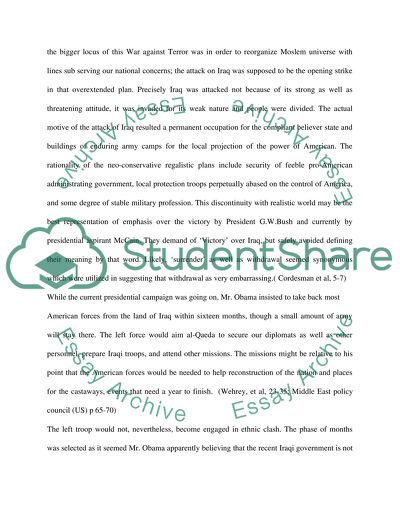Cite this document
(“Introduction to Political Science Research Paper”, n.d.)
Retrieved from https://studentshare.org/family-consumer-science/1413538-introduction-to-political-science
Retrieved from https://studentshare.org/family-consumer-science/1413538-introduction-to-political-science
(Introduction to Political Science Research Paper)
https://studentshare.org/family-consumer-science/1413538-introduction-to-political-science.
https://studentshare.org/family-consumer-science/1413538-introduction-to-political-science.
“Introduction to Political Science Research Paper”, n.d. https://studentshare.org/family-consumer-science/1413538-introduction-to-political-science.


